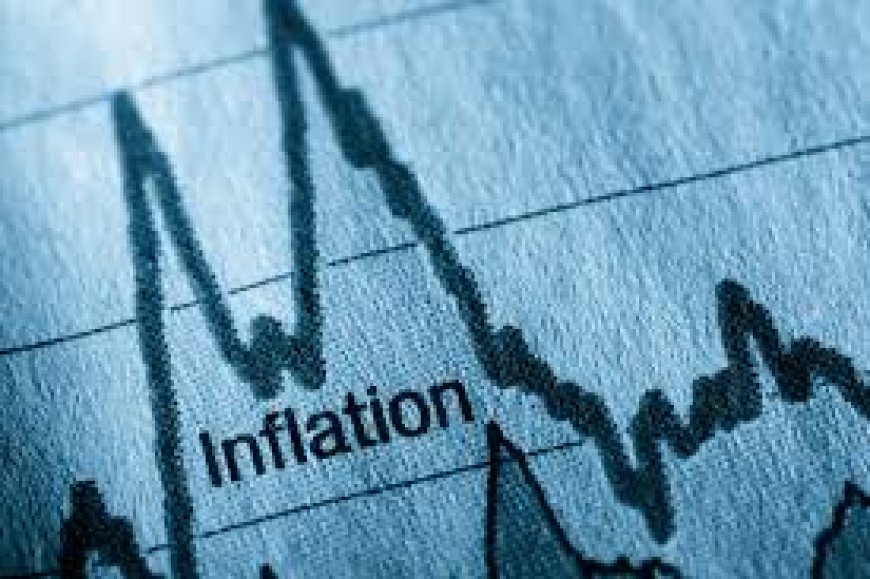Inflation to end 2025 at 11.3%, July inflation to fall to 12.7% – Report
A new report predicts that Ghana’s inflation rate will fall to 12.7% in July 2025, with further easing projected to bring the year-end figure to 11.3%, reflecting sustained disinflation, currency stability, and tight monetary policy.

Accra, Ghana —
Ghana’s battle against inflation is yielding visible results as a new economic report forecasts a continued decline in consumer prices, projecting a July 2025 inflation rate of 12.7% and a year-end figure of 11.3%.
The forecast, made by independent market analysts tracking macroeconomic performance, signals strong progress in stabilizing Ghana’s economy following years of high inflation that peaked above 50% in 2022.
“Disinflation is being sustained due to improved food supply, tight monetary policy, and relative stability in the cedi,” the report stated.
Key Drivers Behind the Decline
The projected drop in inflation is attributed to several positive trends:
-
Improved Agricultural Output: Better food supply from local farms is easing pressure on food inflation, historically the dominant component in Ghana’s consumer price index.
-
Tight Monetary Policy: The Bank of Ghana’s aggressive interest rate strategy is believed to have tamed excess liquidity and demand-pull inflation.
-
Exchange Rate Stability: Reduced depreciation of the Ghanaian cedi has lowered import inflation, particularly in energy and essential goods.
-
Base Effect: The year-on-year comparison against high inflation levels in mid-2024 has enhanced the disinflationary appearance of the 2025 data.
Policy and Market Implications
If inflation indeed ends 2025 at 11.3%, it will mark Ghana’s lowest annual inflation rate since 2019, boosting investor confidence and potentially triggering a shift toward monetary easing. Analysts expect this will allow the Bank of Ghana to gradually reduce its policy rate, currently at 28%, to more business-friendly levels.
“Lower inflation will translate into lower interest rates and stronger real incomes for households,” said an economist at a local think tank. “It also signals that fiscal and monetary coordination is finally working.”
Caution Remains
Despite the optimism, experts urge caution. Risks to the forecast include:
-
Global commodity price volatility, especially oil and food
-
Unforeseen fiscal slippages, particularly in the run-up to the 2024 general elections
-
Supply chain disruptions or climate impacts on agriculture
Should these risks materialize, inflationary pressures could resurface, especially in early 2026.
Looking Ahead
The anticipated drop in inflation positions Ghana to exit crisis mode and focus on sustainable recovery, private sector growth, and job creation. With confidence returning to both local and international markets, the country appears on track to rebuild its economic credibility.
What's Your Reaction?





















































































